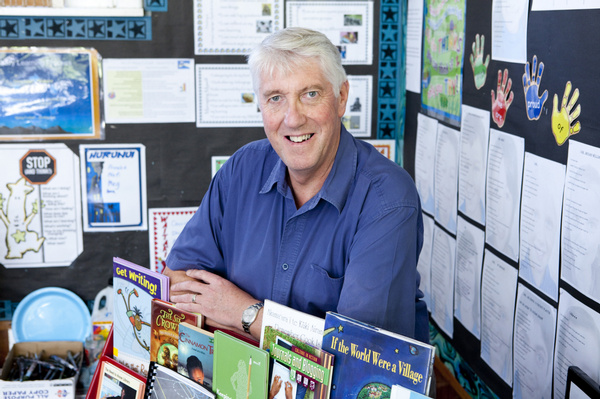Poor decision to close two special residential schools, says UC professor

A University of Canterbury (UC) professor believes the decision to close two residential special schools in New Zealand is the wrong option.
Professor Garry Hornby, from UC’s College on Education, says the conclusion to close Salisbury in Nelson and McKenzie in Christchurch will creates significant issues.
Minister of Education Hekia Parata’s proposal, to close down two of the four residential special schools that cater for some of New Zealand’s most vulnerable children, was a bad decision, said Professor Hornby who is attending the International Congress of Early Children Education in Turkey this week.
``It not only cuts overall provision by 50 percent but leaves only two residential special schools, Westbridge in Auckland and Halswell in Christchurch, each of which cater for children with very different needs.
``McKenzie, and Westbridge cater for children with emotional and behavioural difficulties who have at least average intellectual ability. Whereas Salisbury and Halswell cater for children with behavioural difficulties plus significant learning difficulties.
``This decision to close down two of these schools will create many problems and will be just about impossible to reverse if it is carried out, as expertise that has taken many years to develop will be lost.
``This is my view and is based on my work in the field of children’s emotional and behavioural difficulties for over 40 years.
``For the past eight years I have been involved at UC in conducting research with young people who have attended the McKenzie school.’’
It was essential to have these schools available to cater for children with the greatest emotional and behavioural difficulties whose needs were beyond the capacity of mainstream schools to cope with, he said.
Residential special schools were an essential part of providing support for children with learning and behavioural difficulties. Not having these schools as a last resort option for these very vulnerable children would put enormous stresses on the mainstream schools they will attend and on their families in trying to cope with them at home, he said.
When pupils were enrolled in one of these schools it is because their families, local schools and support services had been unable to provide adequately for their educational and social needs.
Wraparound services will provide a more coordinated approach that will work for some children, but for others being taken out of their local environment into a residential school is what saves them from a complete meltdown. Experience overseas has shown that Wraparound can be helpful for many children but does not work for all children, particularly those with the highest needs.
``The role of residential special schools is crucial. First, to cater for the most vulnerable young people for whom placement in local schools and communities has broken down despite the intensive involvement of local support services. This will only be for a very small number of children, but for these young people it is an essential last resort.
``Second, to provide models of effective strategies for managing and educating such children which provides useful guidance to mainstream schools and families. Third, to utilise the expertise which residential schools have available in catering for such children to provide support to mainstream schools, community services and families in developing structures and behavioural management and teaching strategies to effectively educate these young people.
``Effectiveness of the wraparound service will also depend on the ability of mainstream schools to cater effectively for pupils with EBD. This will require the training of all mainstream school teachers and the development of school organisation, so that they all have clear structures for identifying and providing appropriate programs for pupils with special educational needs, including those with behavioural difficulties.
``I think it is very important that the Minister of Education re-consider this decision, not only for the sake of these vulnerable young people and their families, but also to spare the inevitable disruption in the mainstream schools that these children will attend if the closure of these two special schools goes ahead,’’ Professor Hornby said.
For further information contact UC media consultant Kip Brook on 0275 030168
